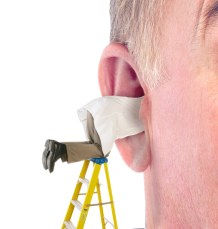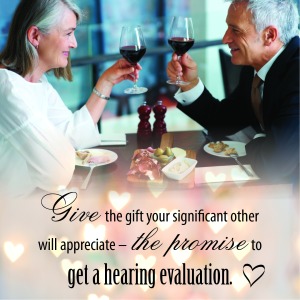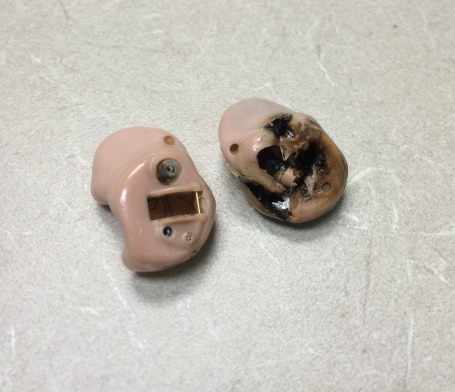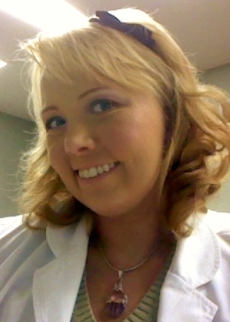 By Alina M. M. Phoenix, HIS – Humans are social beings, and hearing loss has a profound effect on our social interactions. This is especially true in our closest relationships. Hearing loss impacts every communication we have, and because it often happens gradually over time, we may not realize how much it is affecting us or how it is weakening our relationships.
By Alina M. M. Phoenix, HIS – Humans are social beings, and hearing loss has a profound effect on our social interactions. This is especially true in our closest relationships. Hearing loss impacts every communication we have, and because it often happens gradually over time, we may not realize how much it is affecting us or how it is weakening our relationships.
Hearing loss causes routine communication breakdowns. It creates misunderstandings on a daily basis, leading us to ask for many repetitions. When messages are misheard, it can cause arguments, frustration and tension. It can lead the hearing impaired to withdraw from family interactions to avoid conflict. It can unintentionally make family members to feel unimportant or unloved because they are not being heard.
Denial is one of the biggest obstacles in treating hearing loss. Most people who develop hearing loss over time ignore the warning signs for an average of 7 years before seeking help. In this time, their family has definitely noticed and may have brought up the issue multiple times. However, it is easier for the hearing impaired person to rationalize that other people mumble than it is to admit that we’re not hearing as well as we used to. The hearing impaired in denial may respond to their family’s observations by dismissing the concerns or even becoming hostile.
Resentment is a poisonous emotion in relationships. Untreated hearing loss can cause increasing feelings of resentment within the person who has developed hearing loss because, “If you would only just speak clearly, I could understand you!” Family members can become resentful when the person with hearing loss refuses to admit the problem or get help because they have to make so much effort to be understood. How many times has a family member given up and walked away saying, “Nevermind,” because the frustration of trying to be understood just got to be too much?
Depression, anxiety, loneliness and social withdrawal are well documented effects of hearing loss in adults. The impact on normal hearing people who develop hearing loss is comparable to the death of a spouse, with similar feelings of loss and grieving. It is a stress on both the hearing impaired and everyone communicating with that person. Marriages with one partner that has untreated hearing loss have divorce rates that are four times higher than average. Hearing loss breaks down communication and good communication is essential for maintaining healthy marriages.
The good news is 90% of hearing losses are able to achieve significant improvement with properly fit hearing aids. If your family has mentioned concerns about your hearing, it is time to listen. Don’t let hearing loss drive a wedge between you and those you care about. Get help for your hearing. Even if you feel like you’re “getting along fine,” do it for the sake of those you love. Better hearing equals better communication which improves relationships which makes a better life.





